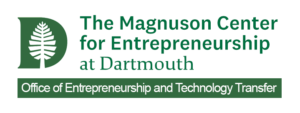BioTech Experts Share 5 Tips for Accelerating Research to Product
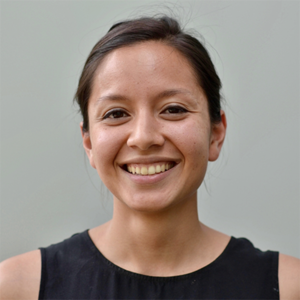
Lidia Schoonenberg '14, Th'15
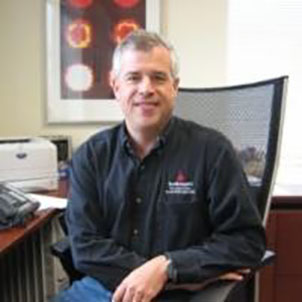
Barry Schweitzer '82
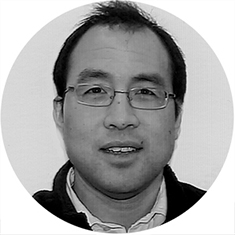
John Ho Tu'88
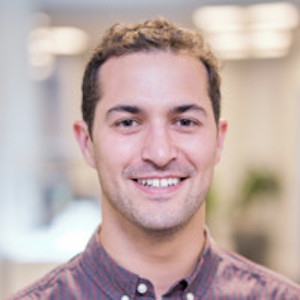
Lee Cooper '09
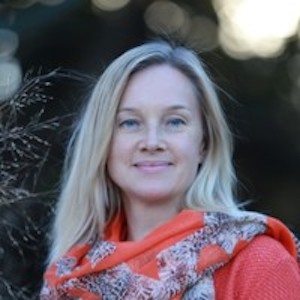
Katya Vert-Wong Th'02
You can have the best science in the world, but to bring your innovation to market you need to have a great team and an excellent story to tell, according to Dartmouth alumni who are active in the biotech entrepreneurial space.
That’s the advice they shared during a Thursday panel discussion hosted by Lidia Schoonenberg, Program Managerfor Startup Support at the Magnuson Center for Entrepreneurship. The panel featured John Ho, Tu’88, Chief Strategy Officer Charles River Laboratories; Lee Cooper ’09 Director of Venture Investments at Leaps by Bayer; Katya Vert-Wong Th’02, Co-Founder of Nostopharma.
Accelerating
Now more than ever, big pharma companies are relying on entrepreneurs to do the early-stage of clinical development.
“For the last two decades big pharma has been downsizing and relying more on entrepreneurial companies for innovations that fuel drug discover activities,” Ho said.
Here’s the advice that the panel shared for entrepreneurs:
Think beyond the lab
Biotech innovation begins in the lab. However, to successfully bring a product to market, innovators and entrepreneurs need a clear idea of how their idea will function in the real world.
Ho said that entrepreneurs first need to ask themselves, is there a clinical need, and is that need clear?
“Surprisingly a lot of early stage biotech startups don’t think about what it would be like in the clinic,” he said. “They don’t get enough clinical input.”
Even during very early testing, the focus should always be on how the science will serve patients. That’s true even when startups are doing in-vitro and animal testing.
“You have to humanize those and make sure they are most translatable to patients, even when you’re working way before the patient,” he said.
Build a platform
Having a single-asset idea will give you about a 1% chance of having success bringing an idea to market, Ho said.
“Single ideas are really challenging in today’s world.”
If possible, entrepreneurs should focus on building platforms that have multiple potential applications is one way to de-risk, he said.
Perfect your story
In a similar vein, Cooper — who isn’t a scientist — emphasized that entrepreneurs need to be able to help investors and others who don’t have a scientific background to understand their product.
“It’s not purely science-driven,” he said. “You’re always telling a story.”
While explaining the science is important, investment usually comes down to the human application. That’s especially important now that most interactions are being done remotely.
“There’s an under-appreciation for the softer side and even the business side,” Cooper said. “It’s almost always about storytelling: good story telling or bad storytelling.”
Build your team
Scientists turned entrepreneurs should build their team in concentric circles, until they have a entire network that they can call upon, Vert-Wong said.
“It’s so important that your co-founders are people who will stand with you and hold hands through good and bad,” she said.
Finding the right advisors is also very important.
“Nobody knows everything,” she said. “Having the self-awareness of knowing what you don’t know and bringing in people who will get you through those gaps is so critical.”
Ho emphasized that adding experts from other disciplines, not just the sciences, is important. The final step is forming strategic partnerships with other companies.
Know what to prioritize
As the founder, your main focus should be on doing things that no one else can do — proving your idea is a good one.
“Be laser-like in spending your money on showing your proof of concept,” Ho said . “Spend no time or money on anything else.”
The details of starting a company, from financials to legal documents, have all been navigated before. Founders should outsource those tasks so that their time and energy can be focused on furthering their science.
“As a founder and early stage team, you want to focus most of your time — all of your time, really — thinking through the questions that no one else can answer: how this will become a product and who will use it,” Vert-Wong said.
Be critical at every point
Monetizing a science is a long, expensive and difficult process. Scientists should commit early on to asking themselves the most difficult questions about the clinical application of their innovation.
“It’s easier to answer the question of what is not viable than to understand what is,” Vert-Wong said. “When you exhaust all the questions and there’s still something there, then you say ‘yes, this is worth moving forward.’”
Follow us on social!
15 Thayer Drive, Suite 001, Hanover, NH 03755
603-646-8888
